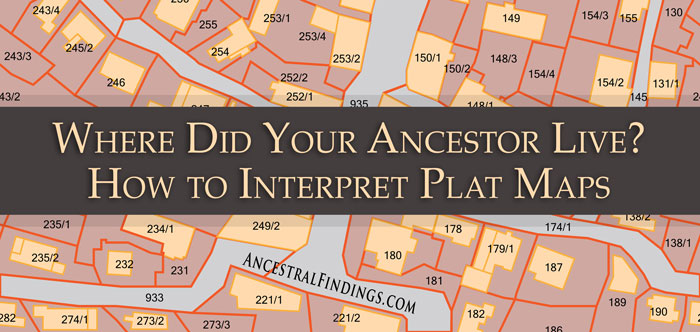One of the easiest places to look for mentions of your ancestors in land records, and, in fact, one of the first places you should look, is in tax records. Everyone pays taxes on their property if they own it. This is true throughout most of western history. Even in the pre-Middle Ages in Europe, even in ancient Rome, even in ancient Egypt, people paid property taxes. They are among the earliest and most basic genealogical records known to man. There are even ancient Sumerian tablets with records of land ownership and taxes paid on that land. Tax records are a basic part of not only genealogy but of human history.
Tax records show what your ancestor paid in taxes on their land, the value of that land, how much land your ancestor owned, and where it was located. This is the basic type of information you will probably find in most tax records, at least in America. This information alone is genealogically valuable in a variety of ways. Depending on the tax record, meaning where and when it was generated, you may find a lot more information than that on it.
Things like a description of the land, a list of landmarks indicating the borders of the land, when the land was purchased, whether it is mortgaged or owned outright, and even the names of beneficiaries of the land or executors of the estate (if the owner of the land had crossed over between tax documentation periods) can all also sometimes be found on tax records. These are all things that can help fill out a family tree with more names, dates, and interesting personal information that you might not be able to find anywhere else.
If you aren’t sure of the names of all of an ancestor’s children (or any of them), or didn’t know of any living descendants they may have had, the names of the people inheriting the land or being executors of the estate can be quite revealing. It’s easy to tell if the person is a relative if they have the same last name as your ancestor. If the surname is different, it is something new you can research that can lead to other relatives from different branches of the family, or even to in-laws, which can be a wonderful and effective way to find the maiden name of your ancestor’s spouse if you previously did not know it. Tax records of land are a treasure trove of information. Whether they have just a little information on them or a lot, you can use them to tease out interesting and important details on your family tree. You can find tax records at your state archives, and sometimes at the county archives where your ancestor owned land. There are national records in Washington, D.C. if your ancestor was given homestead land. You can also find tax records on some online databases, such as Ancestry.com. They are all well worth a look to determine any existing records.






